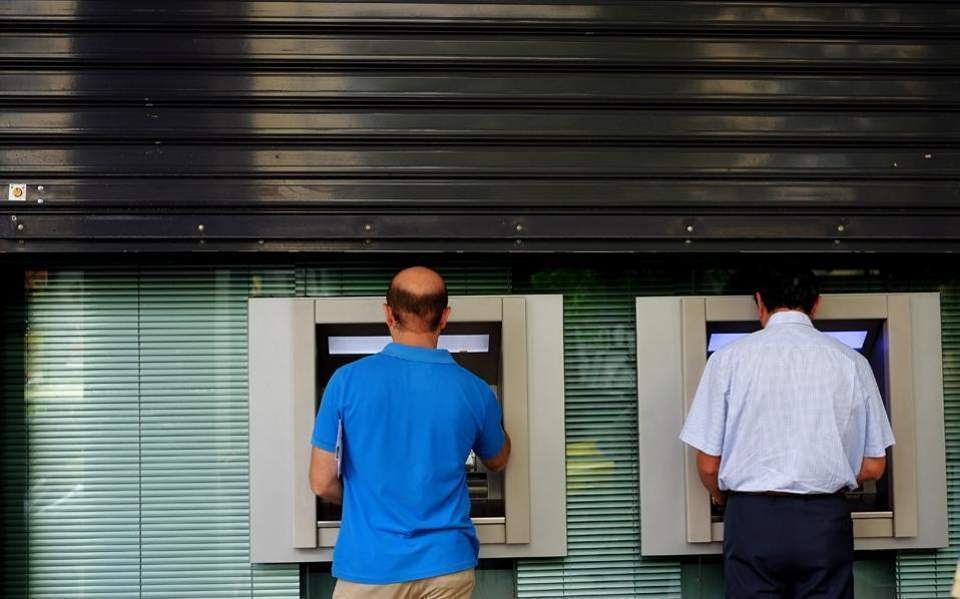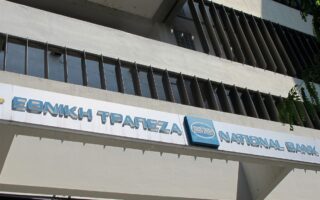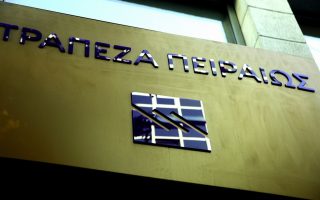Warning on local credit sector’s greed
Profits should go toward offsetting deferred tax, not only to dividends, recommends KEPE

The interest rate hikes by the European Central Bank and the increase in net interest income lead to an excessive accumulation of profits in Greek and European banks and fuel the inflation of banking greed (“bankflation”), warns the Center for Planning and Economic Research (KEPE).
The phenomenon is particularly pronounced in the Greek banking market, due to its oligopolistic structure and low competition, the analysis emphasizes.
In this context, KEPE recommends that these significant profits of the banks be used for the additional shielding of the sector, through the strengthening of supervisory funds and the faster depreciation of the deferred tax, rather than being given exclusively in dividends.
KEPE highlights the picture of the profitability of banks (both European and Greek) after the start of the cycle of increases in key interest rates by the European Central Bank on July 27, 2022, with the return on equity (ROE) and return on assets (ROA) indexes for all major ECB-supervised banks to soar from 7.59% and 0.46% in Q2 2022 to 10.01% and 0, 65% in Q3 2023.
According to ECB statistics, the profits of the major banking institutions supervised by the ECB amounted to 108.13 billion euros in 2021, €127.19 billion in 2022 (+17.6% annual change), and in the first nine months of 2023 to €131.15 billion (+42.2% compared to January-September 2022).
“In general, it emerges that the net interest income contributes decisively to the excessive accumulation of profits of the important European banks and feeds the inflation of ‘banking greed’ (bankflation),” states the KEPE study.
Local banking sector
As far as Greece is concerned, the KEPE points out that the four systemic banks are recording significant profits in 2022 after a long time and this is due, firstly, to reduced provisions for credit risk, as the majority of non-performing loans have been transferred from bank balance sheets in servicers and, secondly, in increasing operating income.
According to ECB statistics, for 2022 the profits of the Greek systemic banks amount to €3.76 billion against losses of €4.69 billion in 2021. This is because the provisions were reduced from €6.38 billion to €2.2 billion and operating income increased 66.7% from €6 billion to €10 billion. Net interest income increased by almost 5% (or by €267.23 million), however, the increase in operating income it comes mainly from the income of financial transactions (€1.27 billion the annual change) and from net other operating income (€2.06 billion the annual change).
In January-September 2023 the profits of the Greek systemic banksweare almost the same as in 2022 and amounted to €2.83 billion, covering more than three quarters of the total profits of 2022. Therefore, the total profits of 2022 and the first nine months of 2023 are roughly equal with €6.59 billion, so it follows that the expected total profits of the two years 2022-2023 are close to €7.53 billion, as calculated by KEPE.
Analysts talk about an excessive build-up of systemic bank profits, driven by net interest income, fueled by large increases in net interest margin (NIM) and interest rate spreads, and contributing to inflation in “banking greed” in Greece.





